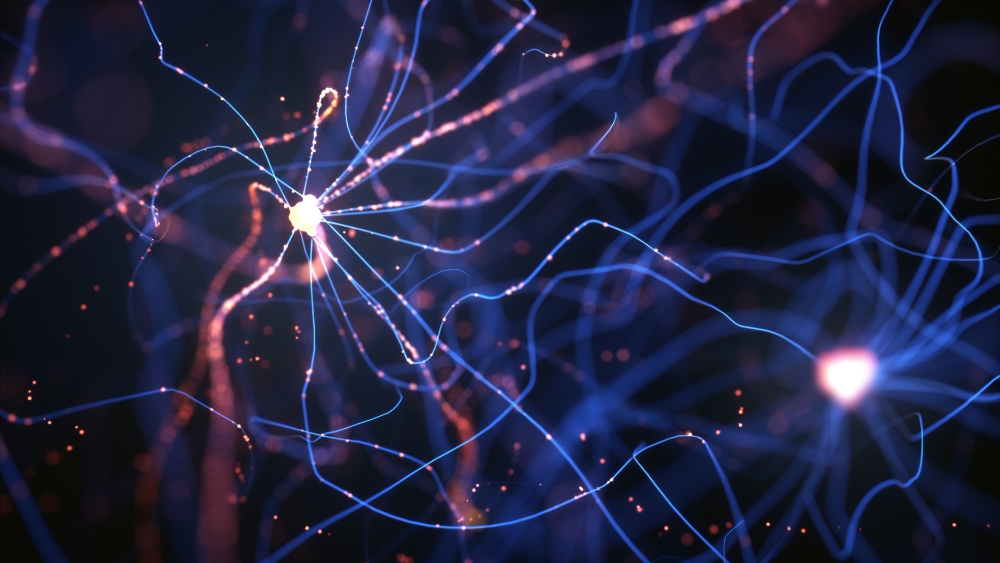
Researchers have characterized the brain complications caused by COVID-19 in people with dementia.

Researchers have characterized the brain complications caused by COVID-19 in people with dementia.
What you need to know
COVID-19 can cause long-term problems with thinking, concentrating, and remembering. This condition is commonly known as “brain fog.” Brain fog after COVID-19 has been studied mostly by observing previously healthy people.
In a small study supported by the National Institute of Neurological Disorders and Stroke (NINDS), researchers examined the cognitive impact of COVID-19 on people with dementia. The researchers found that having COVID-19 rapidly accelerated the structural and functional brain deterioration of patients with dementia, regardless of the type of dementia being experienced.
What did the researchers do?
Researchers followed 14 patients with preexisting dementia who were already enrolled in an ongoing dementia study and who had COVID-19 while participating in the study. Among these patients, four had Alzheimer’s disease, five had vascular dementia, three had Parkinson’s disease dementia, and two had the behavioral variant of frontotemporal dementia.
The researchers tested various cognitive functions and conducted brain imaging, comparing results from assessments within three months before their cases of COVID-19 and then one year after infection.
A year after contracting COVID-19, all of the patients with dementia had experienced a significant increase in fatigue and depression, as well as worsening attention, memory, speech, visuospatial capabilities, and executive functions. All the patients also had cerebral atrophy, which is the loss of neurons and connections between neurons, and lesions deep in the white matter of their brains.
Despite having different types of dementia, these patients developed similar dementia symptoms after having COVID-19. Overall, these patients experienced rapid structural and functional brain deterioration after COVID-19 infection.
Based on the unique brain changes seen in these patients, the researchers proposed a new term to describe the brain complications associated with COVID-19 in people with dementia: FADE-IN MEMORY (Fatigue, decreased Fluency, Attention deficit, Depression, Executive dysfunction, slowed INformation processing speed, and subcortical MEMORY impairment).
Why is this research important?
This study shows that COVID-19 causes severe neurological complications in people with dementia. According to these results, COVID-19 appears to accelerate disease progression in all types of dementia. Further research is needed to understand why COVID-19 accelerates brain deterioration in patients with dementia. This research could also inform the development of treatments to slow the progression of dementia in patients who have had COVID-19.
Where can I go to learn more?
-
NINDS shares information about dementia, including the different causes of dementia, risk factors for cognitive impairment, and treatment and management.
-
The effects of COVID-19 can last for weeks, months, or even years after diagnosis. Learn about the symptoms, risk factors, and possible causes of Long COVID.
Coronavirus and the Nervous System
-
NINDS shares current research on the effects of COVID-19 on the brain and nervous system.
Sources
Dubey, S., Das, S., Ghosh, R., Dubey, M. J., Chakraborty, A. P., Roy, D., Das, G., Dutta, A., Santra, A., Sengupta, S., & Benito-León, J. (2023). The effects of SARS-CoV-2 infection on the cognitive functioning of patients with pre-existing dementia. Journal of Alzheimer’s Disease Reports, 7(1), 119–128. https://doi.org/10.3233/ADR-220090

News and Stories
Read stories about the efforts underway to prevent, detect, and treat COVID-19 and its effects on our health.
 An official website of the United States government
An official website of the United States government

